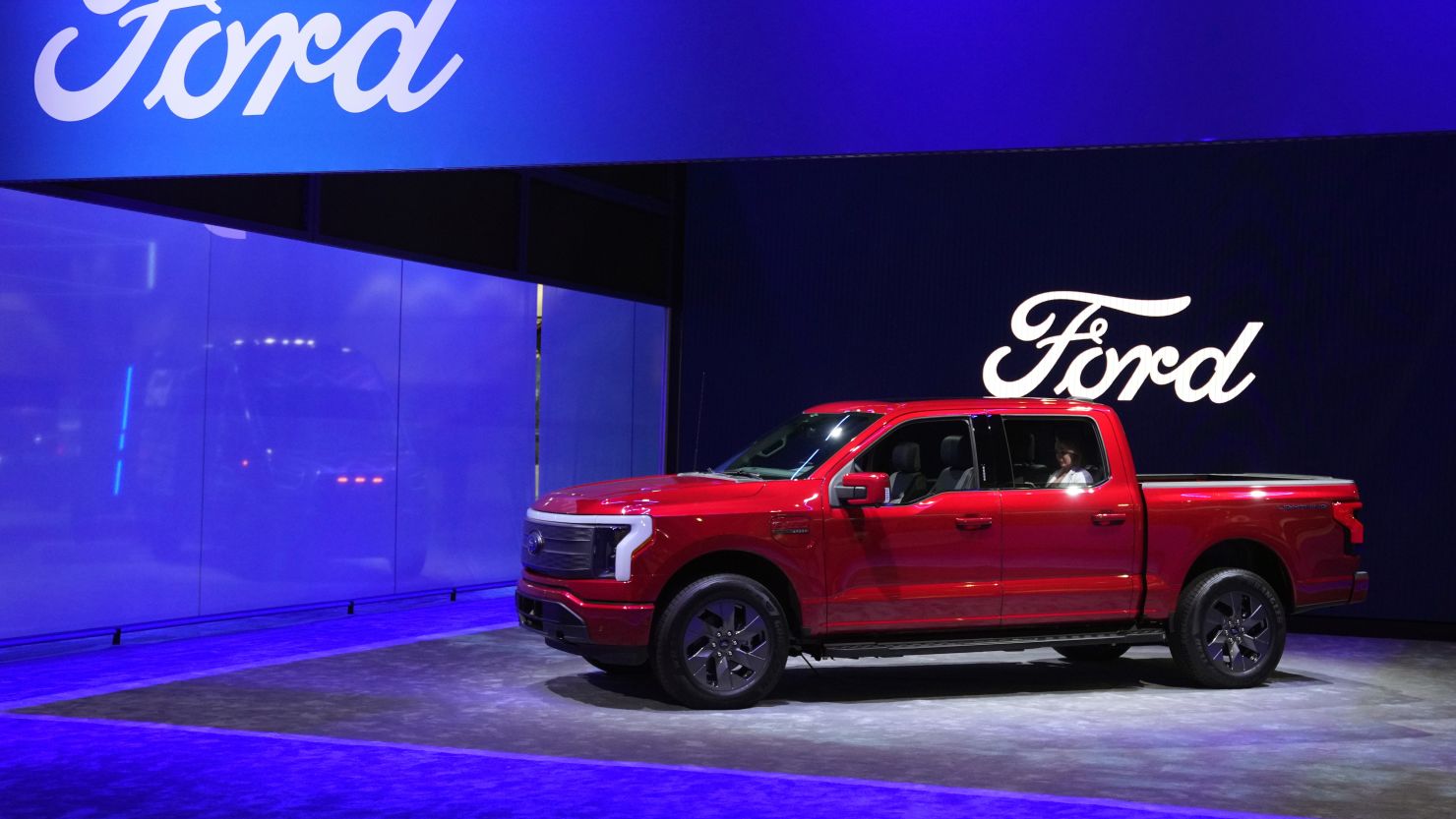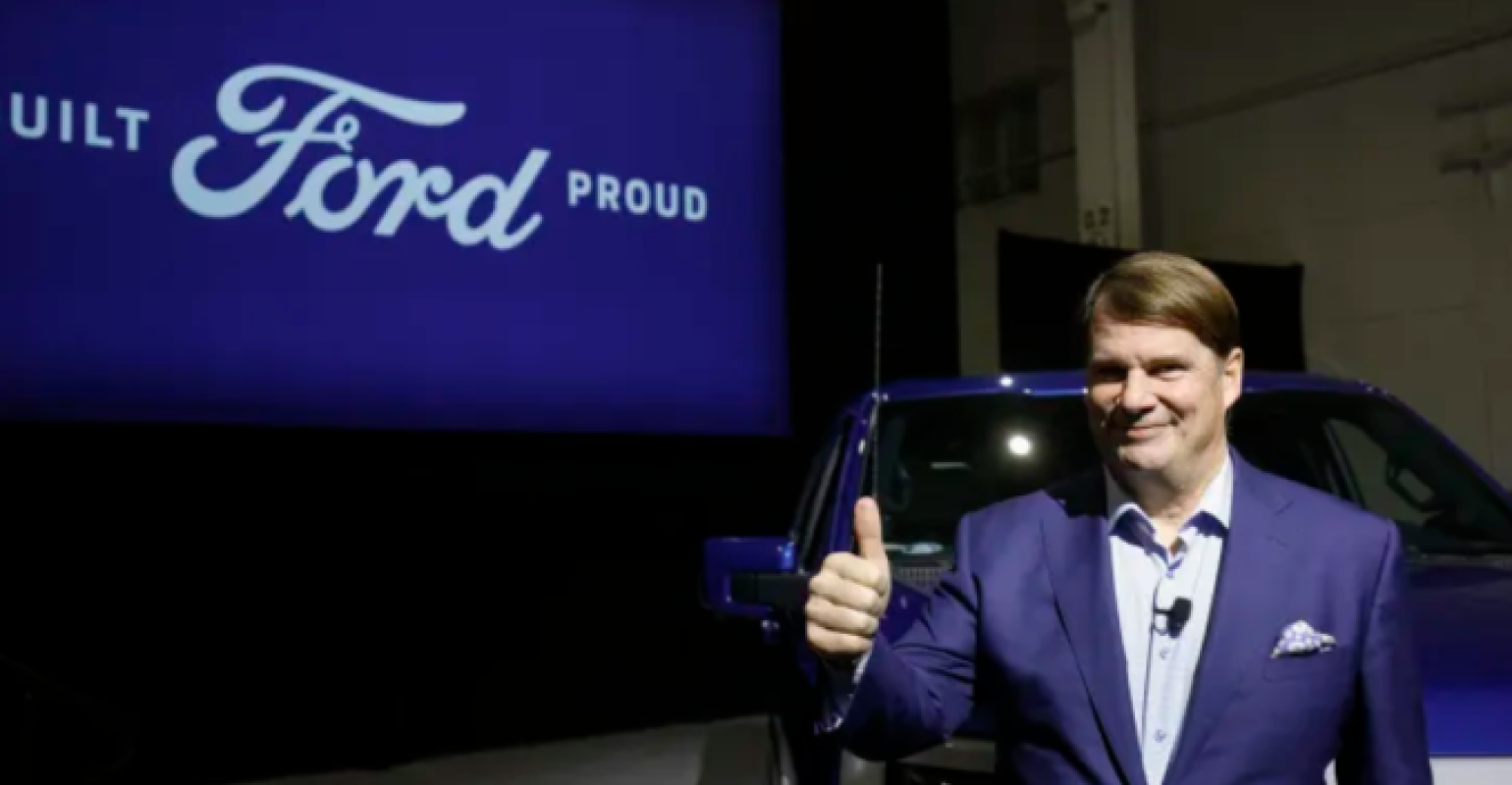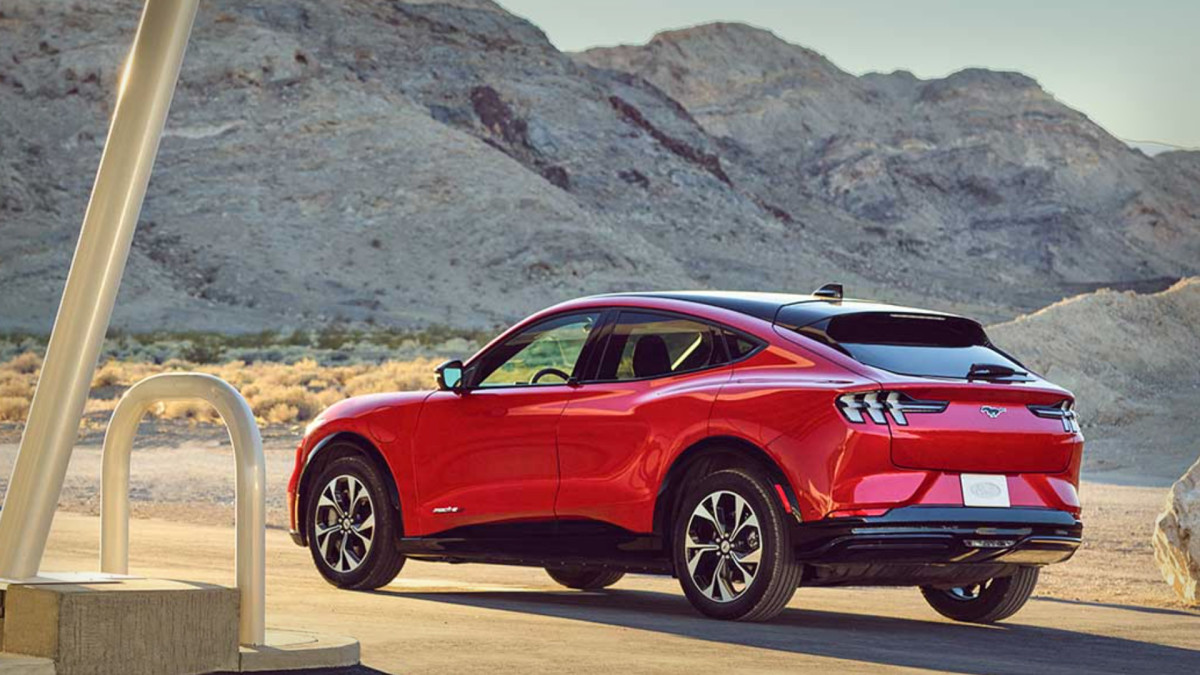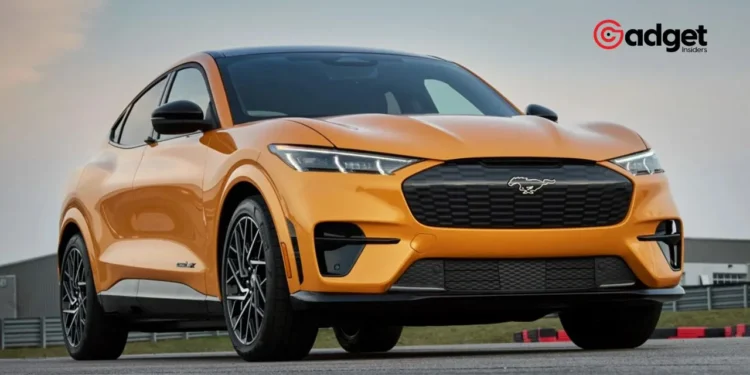In a recent reveal at a Los Angeles auto show, Ford’s commitment to electrification was clear with the showcase of the new F-150 Lightning electric pickup. However, the road to a fully electric future is proving costly for the automotive giant.
Ford’s first-quarter financial reports indicate a staggering $1.3 billion loss in its electric vehicle (EV) segment, Model E, which translates to a shocking $132,000 loss per vehicle sold during this period.

This loss is reflective of the broader challenges the industry faces as companies like Ford transition from traditional combustion engines to electric powertrains. The brand unique among its peers for disclosing detailed financials on its EV operations, reported a significant drop in Model E’s revenue by 84% to approximately $100 million.
This dramatic decline is attributed to aggressive price cuts across the industry, aimed at boosting consumer adoption but at a considerable cost to manufacturers.
The Hefty Price of Innovation and R&D
Ford’s strategy involves heavy investment in research and development to spearhead the next generation of EVs. These investments are substantial, accounting for a considerable portion of the losses, as they prepare for future returns that are still several years away.
According to the company, while they aim to make EV pricing sustainable by covering the actual vehicle production costs within the next twelve months, the ongoing price war in the EV market complicates achieving this goal.
Ford just reported a massive loss on every electric vehicle it sold https://t.co/3M2BhCosid
— CTV News (@CTVNews) April 25, 2024
John Lawler, the company’s CFO, expressed concerns over revenue declining more rapidly than cost reductions, despite efforts to shave about $5,000 off each Mustang Mach-E. “Revenue is dropping faster than we can take out the cost,” Lawler commented, highlighting the financial pressures facing Ford’s EV business.
Ford Pro: A Beacon of Profitability Amidst EV Challenges
Contrasting the struggles of the Model E unit, Ford’s Pro division, which focuses on fleet sales to businesses and government entities, has emerged as a significant profit center.
This division’s success is bolstered by substantial orders, including 9,250 E-Transit vans for the US Postal Service and over 1,000 electric vehicles for Ecolab, a global sustainability leader.

In the first quarter, the automobile giant Pro reported a remarkable $3 billion in EBIT (earnings before interest and taxes), more than doubling its performance from the previous year, with revenue soaring by 36% to $18 billion.
This success underscores the potential of targeted electric vehicle offerings in commercial and government sectors, providing a strong revenue stream amidst the broader financial challenges in the consumer EV market.
Comparison with Industry Rivals
Ford’s electric journey reflects a broader trend across the automotive industry, with rivals like General Motors and Stellantis making strides in profitability in their respective EV sectors.
GM remains optimistic about its North American EV business turning profitable in the latter half of the year. In contrast, Stellantis has already seen profitability in its European EV operations.

Moreover, even Tesla, the leading EV manufacturer, faced a significant downturn, with a 48% decline in adjusted earnings in the first quarter, highlighting the widespread impact of the current market dynamics on even the most established players in the EV space.
Forward-Looking Statements from Ford’s Leadership
Despite the current financial turbulence, the company’s CEO Jim Farley remains optimistic about the future profitability of the EV sector. He assures investors and stakeholders that the upcoming generation of electric vehicles will mark a turning point towards profitability.
As the brand continues to navigate the complexities of transitioning to a sustainable automotive future, the industry watches closely. The path to electrification is fraught with financial challenges, but Ford’s commitment to innovation and sustainability promises an eventual shift towards a profitable and environmentally friendly future.










